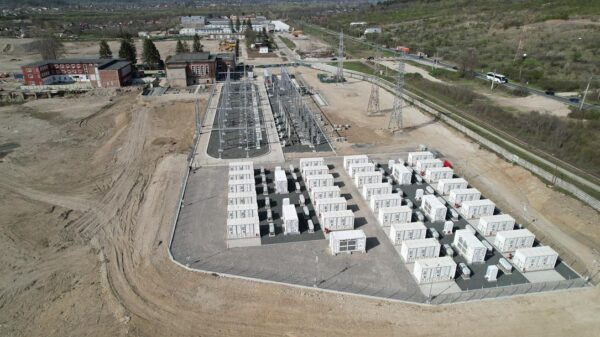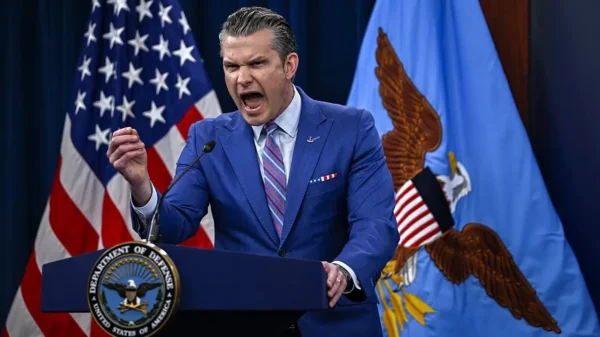Artificial intelligence company Deepspatial (CSE: DSAI) (OTCQB: DSAIF) received a USD$800,000 government contract to continue the company’s work in combating the global food crisis.
Announced on Wednesday, the end-to-end service agreement is for a three year period. Starting in April 2024, Deepspatial will deploy its cutting-edge AI platform across more than 4,500 locations within one state in India over the next eight months.
This ambitious project aims to enhance public distribution, market enforcement, and consumer protection through advanced data analytics and AI technologies. Deepspatial’s platform will ensure that essential goods and services effectively and efficiently reach those in need. This technology will play a role in enhancing market discipline and safeguarding consumer interests by providing real-time insights and analytics for decision-makers.
Deepspatial secured this strategic partnership through a competitive bidding process.
“We are excited to embark on this journey, expanding our footprint in the government sector,” Dr. Rahul Kushwah, CEO of Deepspatial AI, said.
“This contract not only signifies trust in our technology and team but also opens new avenues for us to make a substantial impact on global food crisis through AI.”
Global food insecurity and hunger afflict diverse regions, from urban slums and isolated communities in the developing world to cities in industrialized countries.
The UN’s Food and Agriculture Organization estimates food insecurity costs the global economy as much as USD$3.5 trillion per year.
In 2023, protracted food crises and new shocks result in record levels of acute food insecurity. Conflict and insecurity, economic shocks, and weather extremes drive acute food insecurity in 48 countries, affecting 238 million people – a 10 per cent increase from 2022.
Read more: SEC Chair Gensler warns AI left unchecked could initiate financial disaster
Read more: Mercedes-Benz experiments with robots for unskilled manufacturing labour
Artificial intelligence is being used to fight the food crisis
Deepspatial’s AI platform shows growth prospects for the company across multiple nations, addressing a crisis that imposes a significant economic and social toll on the global economy.
Artificial intelligence offers multiple avenues for tackling the global food crisis. It can enhance agriculture through precision farming, crop monitoring, and supply chain optimization. AI also aids in climate resilience, food security monitoring, genetic improvement of crops, and reducing food waste.
Several companies are actively using AI to tackle different aspects of the global food crisis. Granular, a Corteva Agriscience (NYSE: CTVA) company, provides farm management software powered by AI and data analytics. Its solutions optimize farm operations, increase yields, and improve resource efficiency.
Indigo Agriculture also develops AI-driven solutions to enhance crop health, increase resilience to environmental stressors, and improve the sustainability of agricultural practices.
Additionally, agritech and robotics company, Farmwise uses robotics and AI to create autonomous weeding machines. This reduces the need for herbicides and improving crop yields while minimizing environmental impact.
.
Follow Joseph Morton on Twitter
joseph@mugglehead.com













